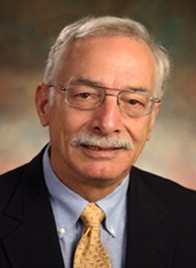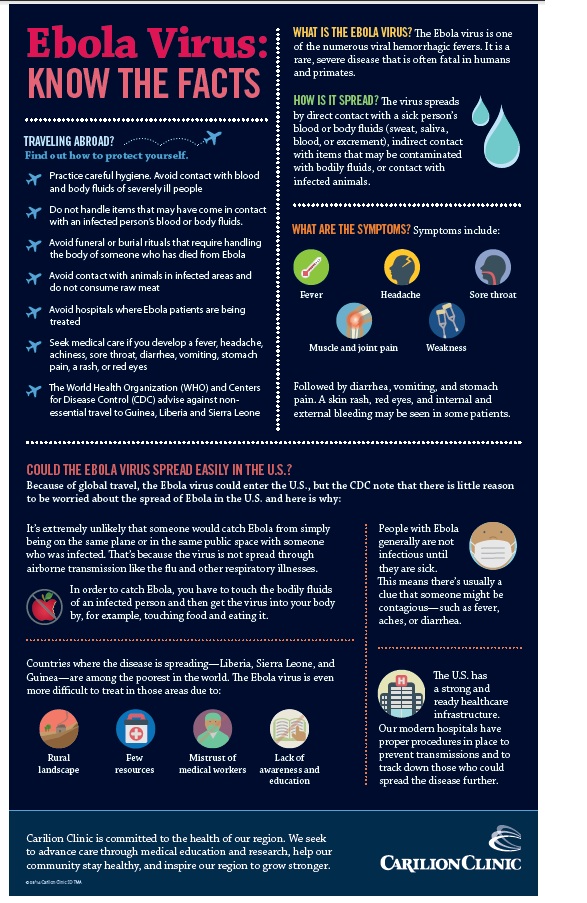Club Meeting – November 13th, 2014
 Today our program Ebola: The Disease, The Virus, West Africa & Hysteria was presented by Dr. Thomas M. Kerkering, MD, FACP, FIDSA.
Today our program Ebola: The Disease, The Virus, West Africa & Hysteria was presented by Dr. Thomas M. Kerkering, MD, FACP, FIDSA.
Dr. Kerkering obtained his Medical Doctorate at the Medical College of Virginia and is certified by the American Board of Internal Medicine in Internal Medicine and Infectious Diseases.
Dr. Thomas Kerkering is an Adjunct Professor of Infectious Disease in the Department of Population Health Sciences in the Virginia-Maryland Regional College of Veterinary Medicine at Virginia Tech. He is a Professor of Medicine and Chief of the Division of Infectious Diseases at the Virginia Tech Carilion School of Medicine. He is the Medical Director of Hospital Infection Control at Carilion Clinic.
Dr. Kerkering recently returned from Sierra Leone where he worked with the World Health Organization as an advisor. While there he trained health facility workers in proper infection control techniques to prevent the Ebola virus from spreading to caregivers.
The good doctor packed a great deal of information into is allotted time. From basic background information about Ebola; to the conditions being faced by West Africans fighting against its spread in Guinea, Sierra Leone and Liberia; and to what our legitimate concerns are here in the U.S. Below is just some of the information shared by Dr. Kerkering.
Ebola Facts
• A person can only be exposed to Ebola through contact with body fluids from an infected person (for example: blood, sweat, tears, urine, saliva, vomit and diarrhea).
• Ebola is not spread through the air.
• A person who has Ebola is not infectious until he is displaying symptoms of the disease. At this point, the viral load in the body has reached the level where it can be transmitted through body fluids.
• First symptoms of Ebola include weakness and fatigue, followed by fever within 24 hours.
• After a few days, other symptoms develop such as vomiting, abdominal pain and diarrhea.


